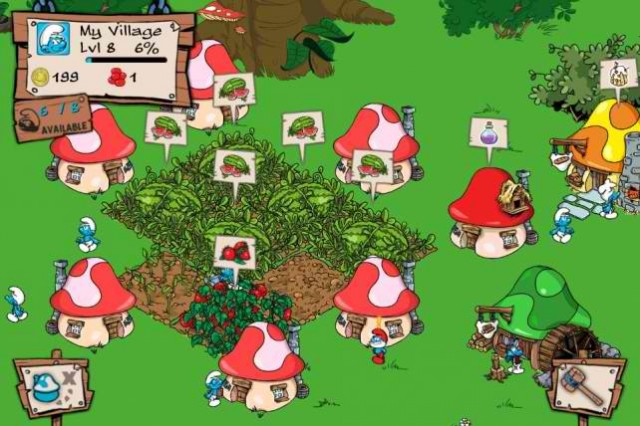- 13 gene regions linked to heart disease by scientific research source
- » Cracking the heart disease code: As anybody with a family history, or personal history of heart disease knows, it’s a frightening and pervasive concern. It should come as thrilling news, then, that a group of scientists believe they’ve located thirteen different gene regions that may indicate a vulnerability to heart attack. Though the knowledge is admittedly limited, and is likely years from practical application in a doctor’s office, advancements like these are what give us hope for a brighter, healthier future, with fewer people unexpectedly dropping dead.

